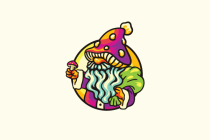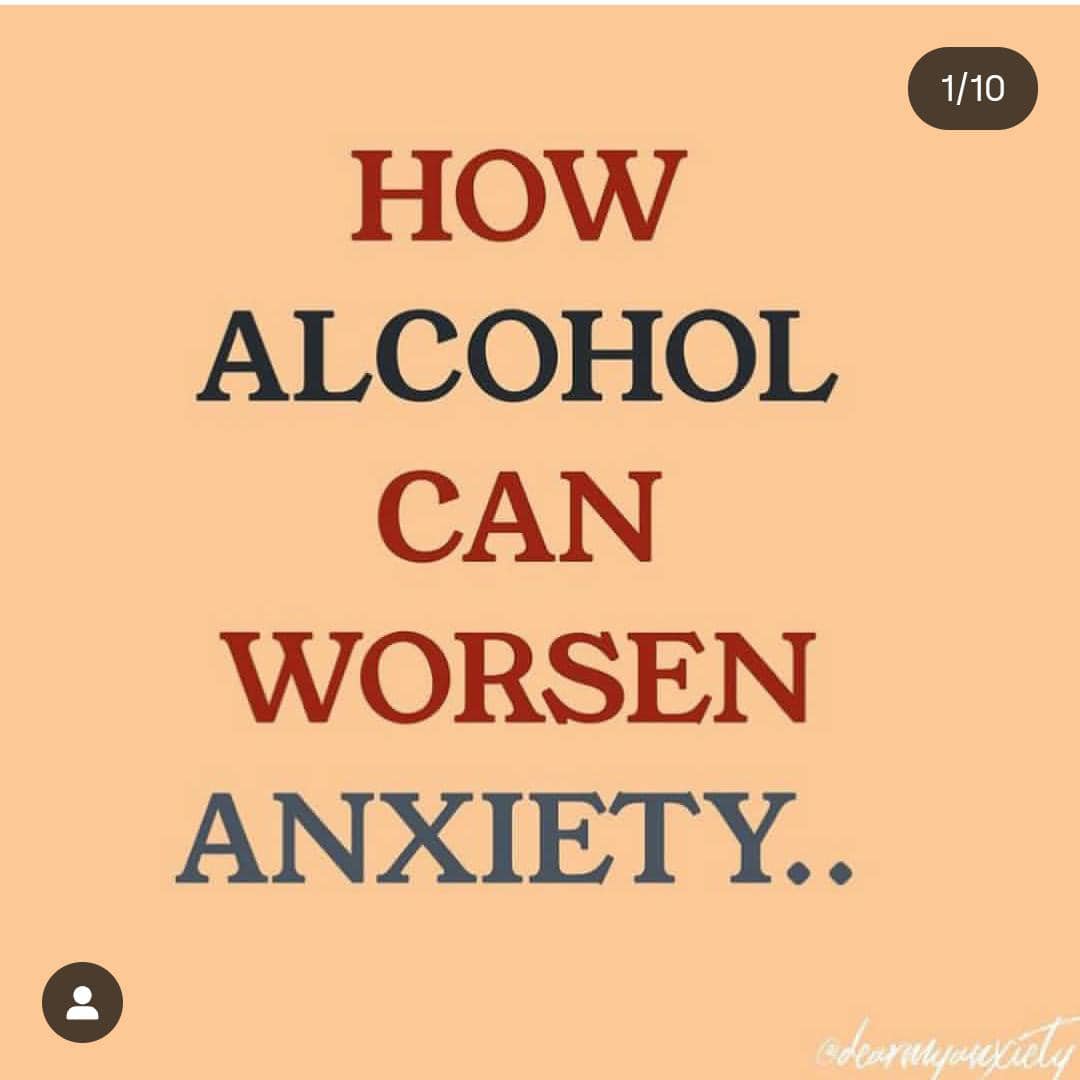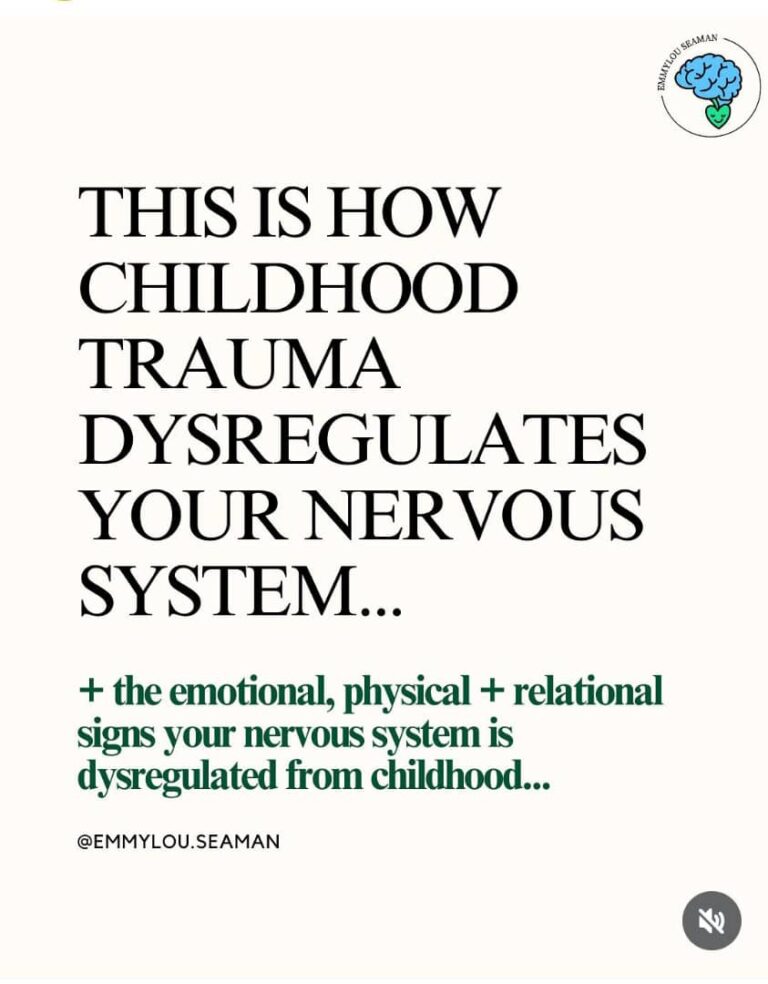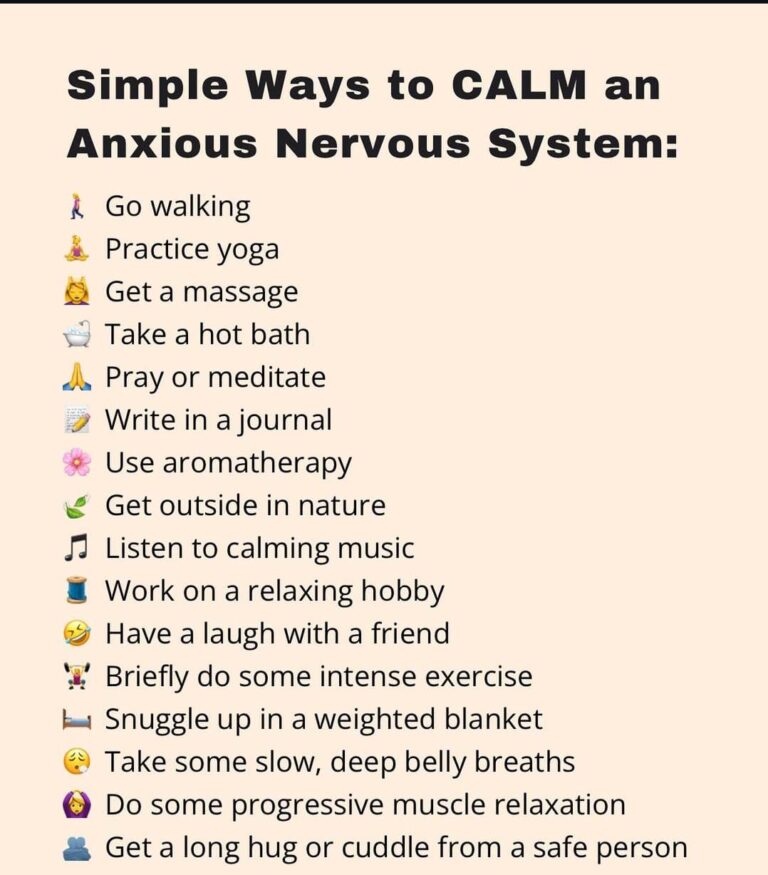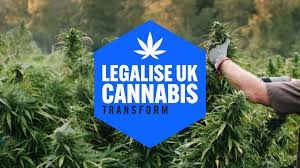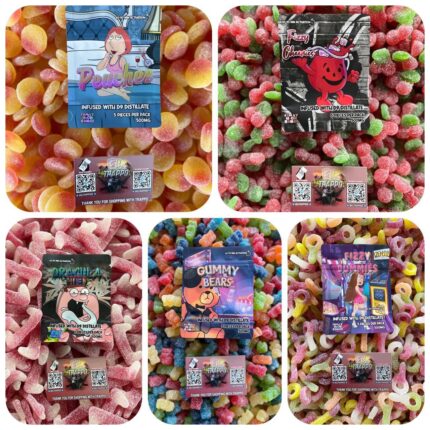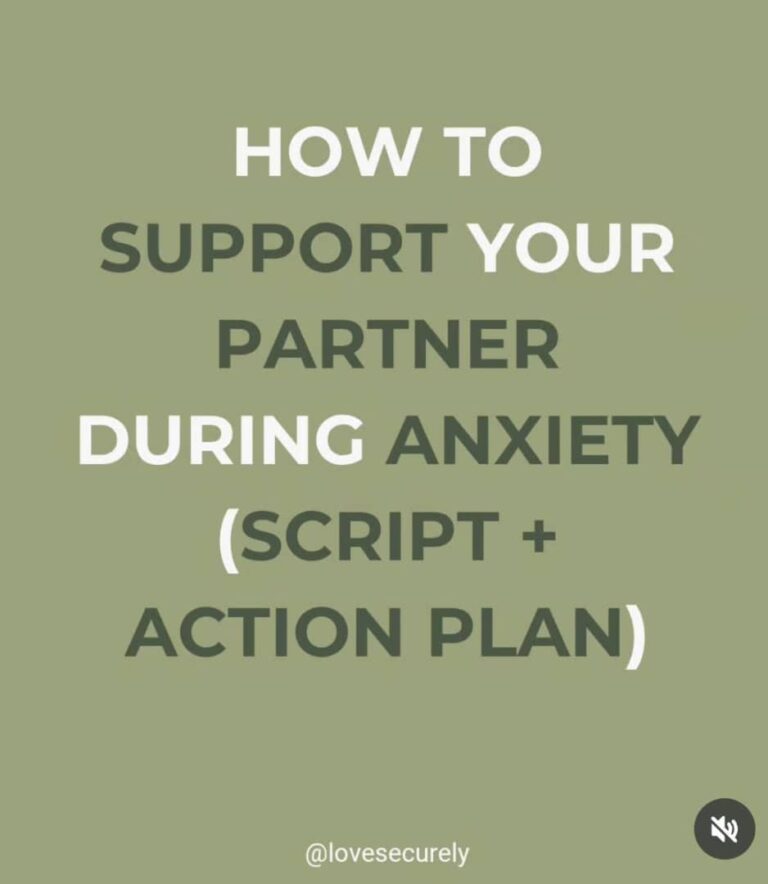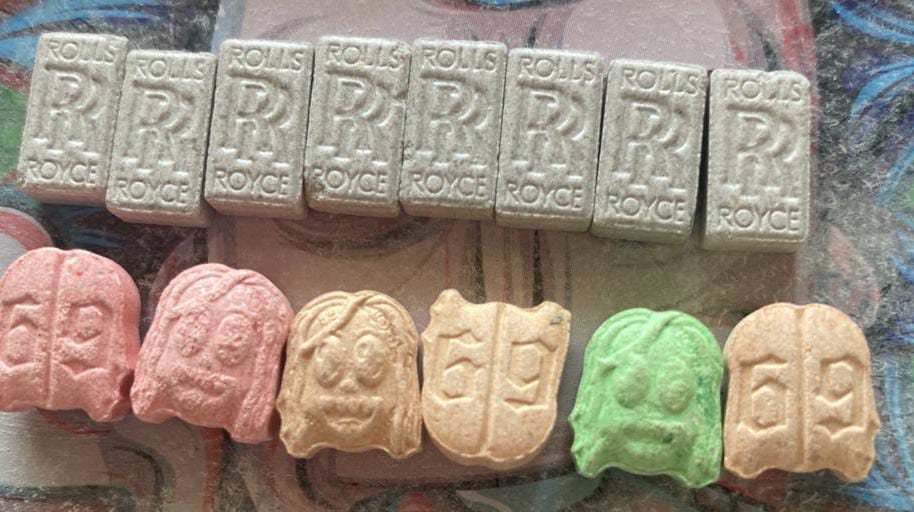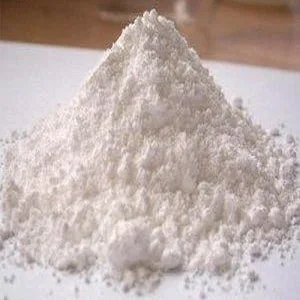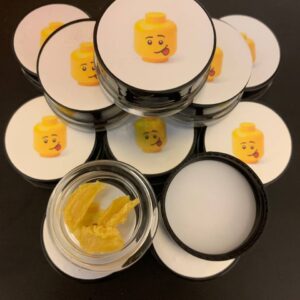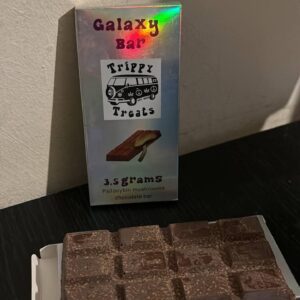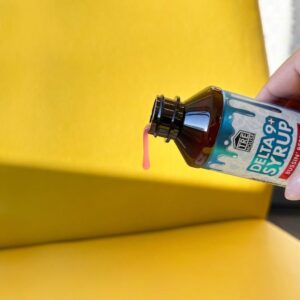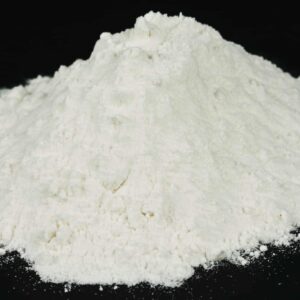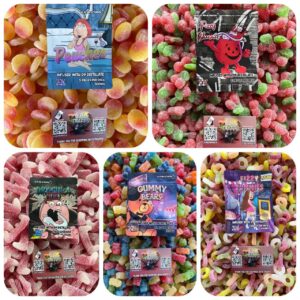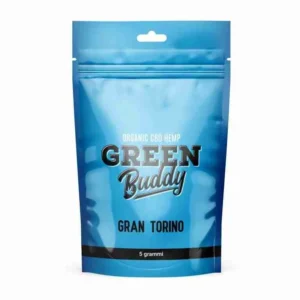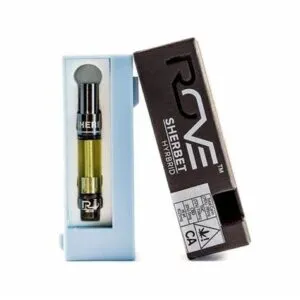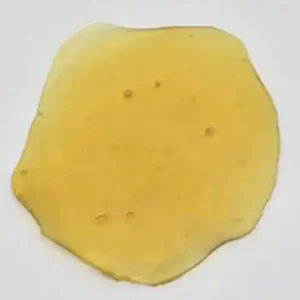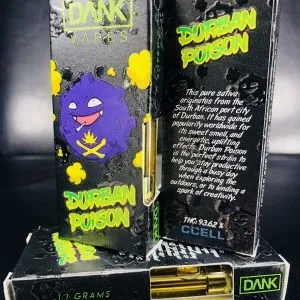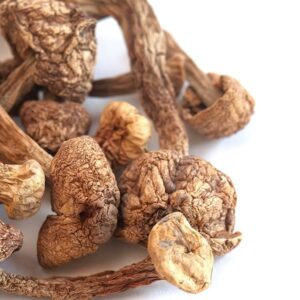HOW ALCOHOL CAN WORSEN ANXIETY. Do you ever have a night of drinking and wake up the next morning with really bad anxiety?
This could have something to do with our anxiety telling us we might have done or said something silly the night before while we were drinking and now we feel uneasy and fearful.
It might also have to do with the fact that alcohol changes levels of serotonin and other neurotransmitters in the brain, which can worsen anxiety.
It might also have to do with the fact that alcohol changes levels of serotonin and other neurotransmitters in the brain, which can worsen anxiety.
The sense of relaxation you feel when you drink can often be attributed to your blood alcohol content (BAC).
A rise in BAC levels leads to temporary feelings of excitement, but feelings of sadness occur as BAC levels fall. As a result, it’s possible that having a few drinks that make your BAC rise and then fall back to normal again can make you anxious.
If you get anxiety
the day after drinking,
you’re not alone.
Here are some tips to combat those feelings of regret and fear.
Drink a lot of water. Alcohol dehydrates us and can make us feel really ill. Feeling sick can contribute to feelings of anxiety, so by drinking a lot of water, we can help ourselves feel better.
Challenge your self-talk.
Anxiety can make you overestimate the negative aspects of a situation.
Take a step back and think rationally about the negative thoughts you’re experiencing. Give yourself a break! We typically think what we said or did the night before is a lot worse than it actually is.Slow down your breathing. Count to three as you breathe in slowly – then count to three as you breathe out slowly. Feel your heartbeat slow down and try to relax your body. Get as much rest and relaxation in as you can.
If you’re anxious about the feeling of being hungover, remind yourself that it will pass. Usually hangovers only last a day, and you’ll be better in no time.
Does alcohol create more anxiety for you? That may be because anxiety and alcohol use are often connected.
People often drink to relax and reduce anxiety, but the truth is chronic alcohol use can actually lead to anxiety.
Even if someone starts drinking alcohol as a way to cope with anxiety, it can quickly have the opposite effect.
For one, drinking alcohol more frequently or in larger amounts can cause hangovers.
The symptoms of a hangover (nausea and vomiting, dizziness, dehydration, low blood sugar, etc.) can make it hard to function.
If you are feeling sick because you’re hungover, you might not be able to get up the next day and complete your daily responsibilities at home, school, or work…and this can, in turn, fuel your anxiety!
Also…heavy alcohol use often leads to withdrawal symptoms, which look very similar to symptoms of anxiety.
How does alcohol affect your anxiety? Let me know in the comments.
